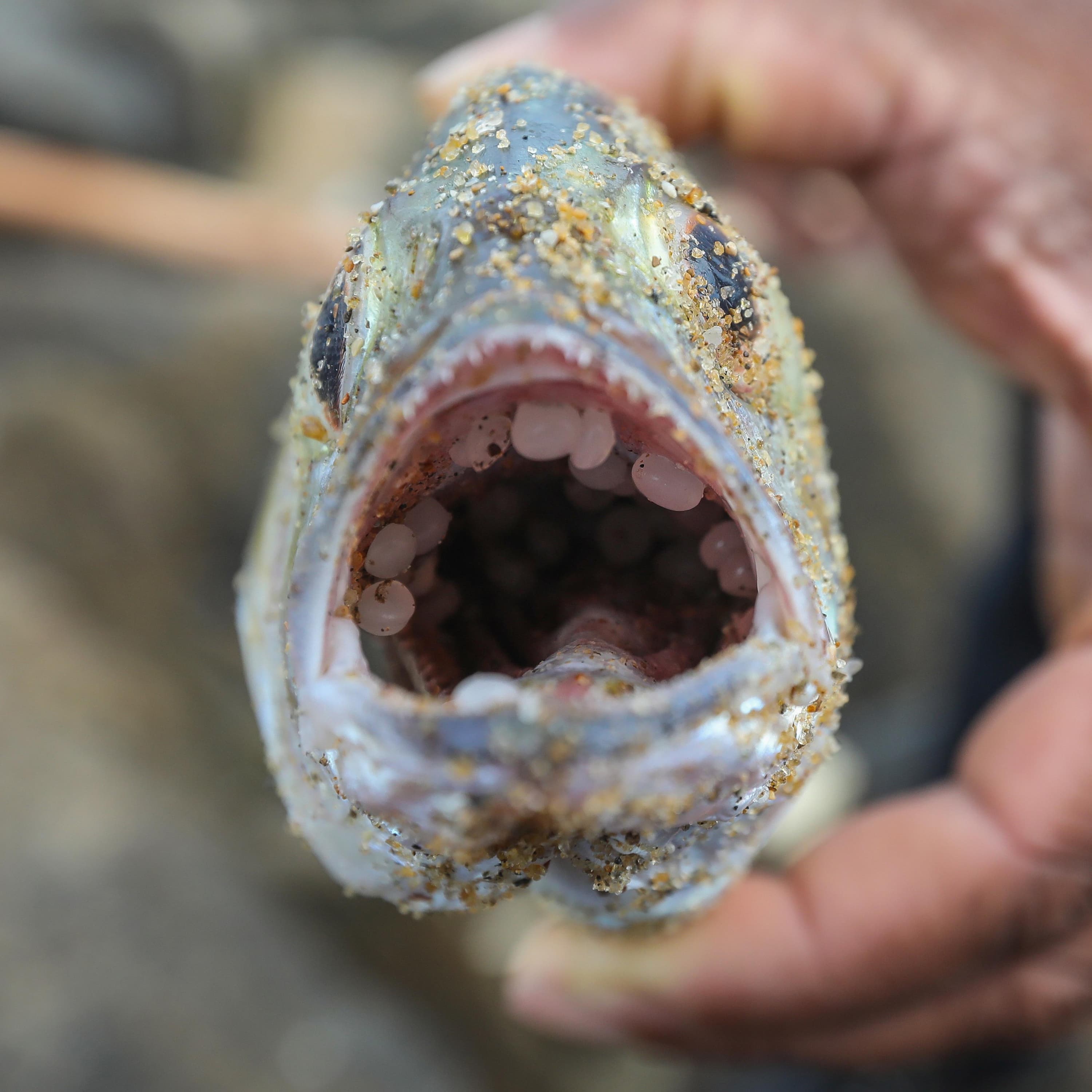
What will we eat in a post-1.5C world?
Loading player...
We now know that global temperatures are likely to temporarily rise by more than 1.5C above pre-industrial levels in the next five years. Breaching this crucial threshold will give humanity an insight into what the next few decades could bring. It will undoubtedly have serious consequences in all aspects of our lives, including what we eat. In the second of our special series of episodes looking at what a future world might look like, science editor Ian Sample explores how our diets could change as the Earth heats up. Ian talks to Kew’s kitchen gardener Helena Dove about climate-resilient vegetables, visits Tiziana di Costanzo’s insect farm to try mealworms and crickets, and hears from Solar Food’s CEO, Pasi Vainikka, about making food from bacteria, electricity and air. Help support our independent journalism at theguardian.com/sciencepod



